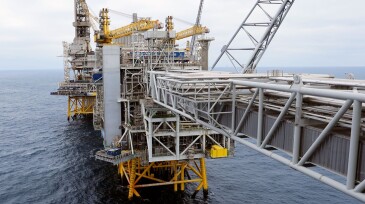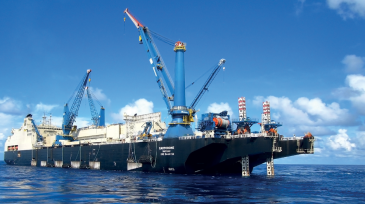Testing page for app
-
Murphy Oil’s Hai Su Vang (Golden Sea Lion) appraisal well reinforces the commerciality of the 2025 discovery.
-
SPE’s strength depends on engaged members, and serving on a committee is a meaningful way to contribute expertise, collaborate with peers, shape programs, and make a lasting impact on the Society and its future professionals. Members are encouraged to step forward, volunteer, and help shape SPE’s future.
-
The London-headquartered independent acquires position in the US Gulf while preparing Zama for final investment decision.
-
The Norwegian major said it is using artificial intelligence for predictive maintenance throughout its facilities and for interpretation of seismic data from the Norwegian continental shelf.
-
Engineering, procurement, construction, and installation awards made at the end of 2025 are expanding Saipem’s role in Turkey’s two largest offshore gas fields, plus Saudi Arabia’s Berri, Abu Safah, and Marjan oil fields and Qatar’s North Field gas giant in the Persian Gulf.
-
Following a US military operation to arrest Venezuela’s president, analysts say there is no easy fix for the country’s beleaguered upstream sector.
-
The platform brings the field’s installed production capacity to 1.5 million BOPD.
-
This section lists with regret SPE members who recently passed away.
-
SPE technical papers synopsized in each monthly issue of JPT are available for download for SPE members for 2 months.
-
Updates about global exploration and production activities and developments.
Page 1 of 1,291










